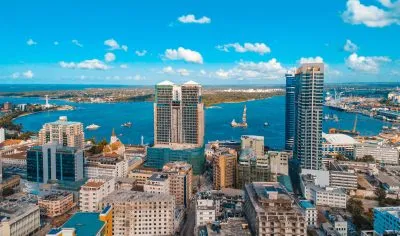Some 36 countries took a total 53 investment policy measures in the six-month period between May and October this year, most of them relating to the foreign investment and most of them were liberalizing in nature, according to UNCTAD’s latest Investment Policy Monitor.
Boosting foreign investment is seen as an important means of reviving a stagnant global economy.
“Investment promotion and facilitation measures also play a significant role,” the policy monitor says. “Most measures were taken by developing countries and transition countries.”
Among the most important policy measures are the adoption of new investment laws in Algeria, Myanmar, Namibia, and Tunisia.
Other important developments during the reporting period were the adoption of a comprehensive investment liberalization strategy in India, new procedures on the establishment of foreign enterprises in China, and policies to open up various industries in Bahrain, Indonesia, the Philippines, and Saudi Arabia. Brazil reversed its decision to allow full foreign ownership for domestic airlines.
The policy monitor also notes the conclusion of more international investment agreements (IIAs).
In September, G20 leaders – representing over two thirds of global foreign direct investment – adopted the Guiding Principles for Investment Policymaking. The guidelines aim to promote a better, more coherent policy environment at the global level and to promote foreign direct investment for inclusive economic growth and sustainable development.
Distributed by APO on behalf of United Nations Conference on Trade and Development (UNCTAD).
Want to continue reading? Subscribe today.
You've read all your free articles for this month! Subscribe now to enjoy full access to our content.
Digital Monthly
£8.00 / month
Receive full unlimited access to our articles, opinions, podcasts and more.
Digital Yearly
£70.00 / year
Our best value offer - save £26 and gain access to all of our digital content for an entire year!
 Sign in with Google
Sign in with Google 



